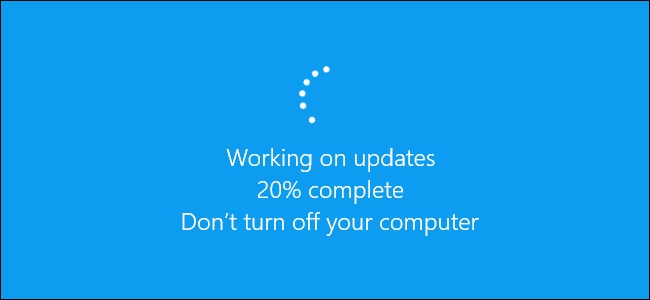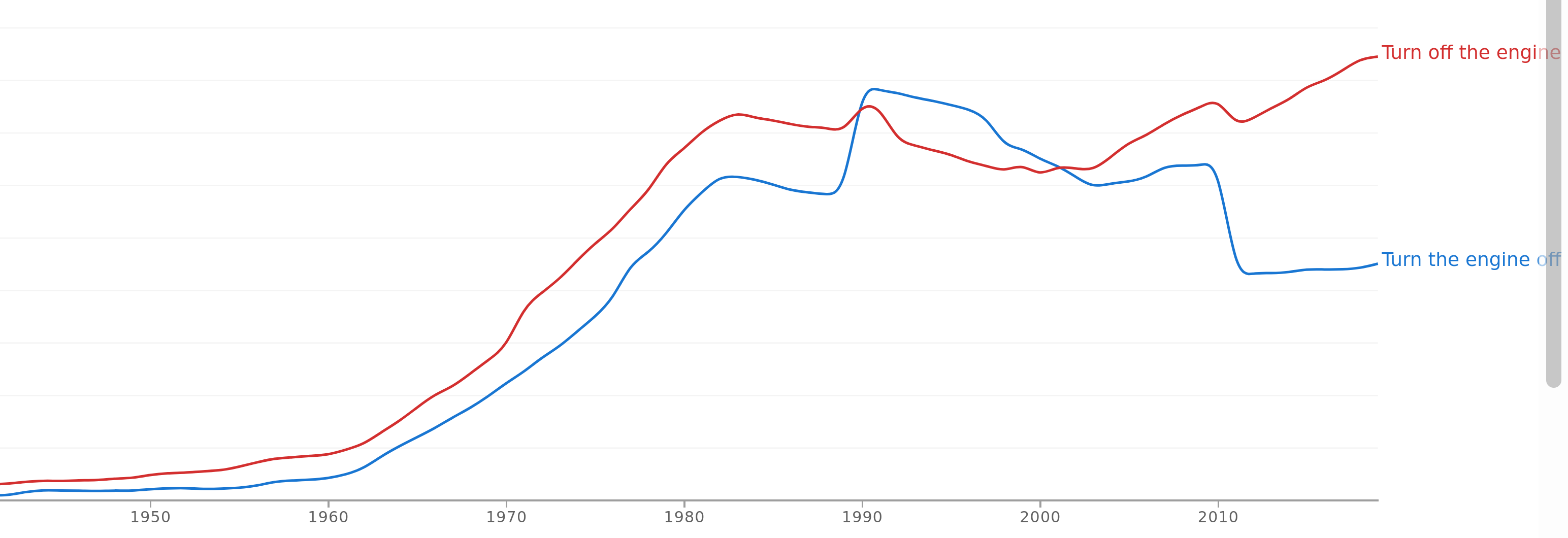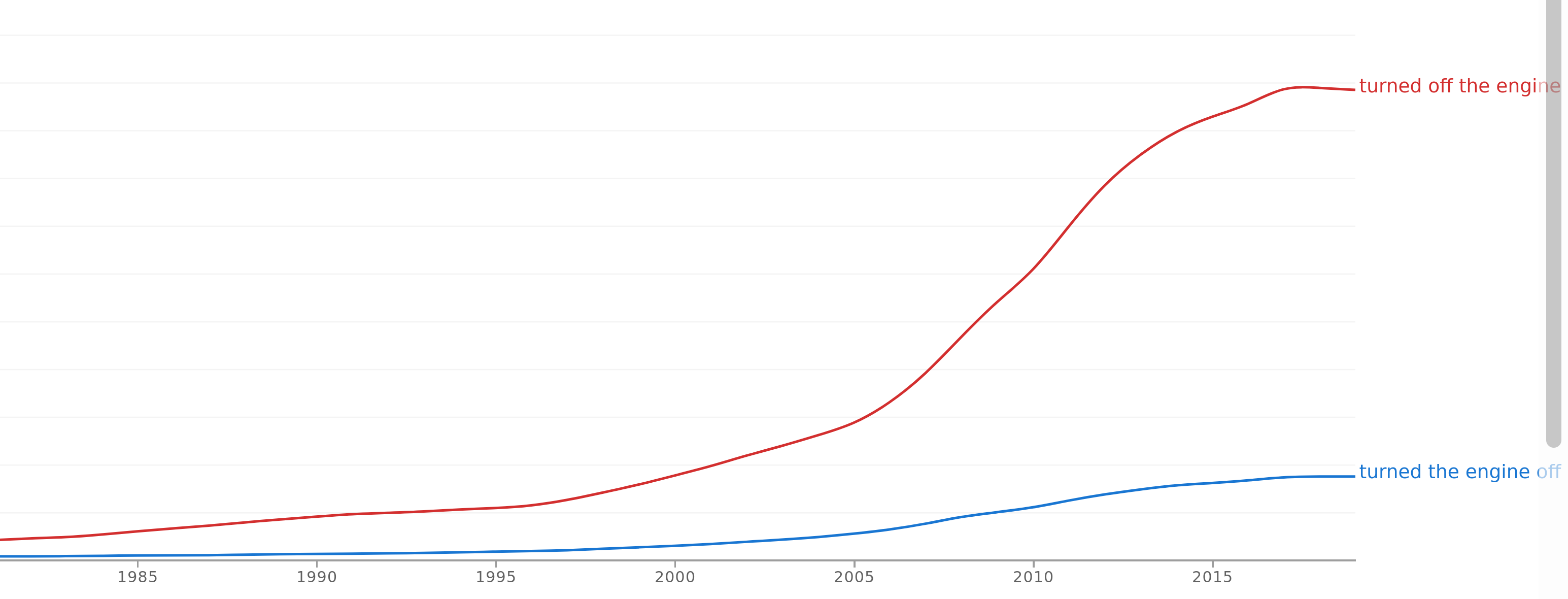I was updating my Windows Computer, when I came across the prepositional phrase "Don't turn off your computer".
 I would usually rephrase that to "Don't turn your computer off", as the derived phrase "Turn off your computer" sounds weird. Which one is right?
I would usually rephrase that to "Don't turn your computer off", as the derived phrase "Turn off your computer" sounds weird. Which one is right?
-
1Either. This seems more an English Language Learners question, but see common structure of phrasal verbs, the flexibility of phrasal verbs, bring up, turn on or off, and lots more.– Stuart FCommented Aug 1 at 8:35
-
'Turn off' is an optionally separable transitive multi-word verb. Prepositions must separate, but [other] nouns can be used in either position. // Here, the unseparated variant sounds more professional, clinical. The separated variant sounds slightly more informal.– Edwin AshworthCommented Aug 1 at 10:30
-
Spider-Man: Turn Off the Dark– Andy BonnerCommented Aug 1 at 17:27
3 Answers
Here's the same construction comparing Turn off the engine and Turn the engine off...
Regarding why the OP thinks Turn off your computer sounds "weird", this second chart may be relevant. NGrams are case-sensitive, so we know the above chart shows only imperative usages (ordering / advising someone to do something). But in non-imperative contexts, there's quite a marked preference for placing the direct object after the complete verb+preposition "phrasal verb" construction...
I suspect this is because in imperative contexts the speaker wants to emphasize the verb itself. Many imperative utterances are only a verb; a noun on its own can't be used imperatively. Perhaps for that reason, if there is an object noun in the imperative instruction, we're more likely to want to introduce it earlier, making the intended sense more immediately obvious if we want to affect someone's behaviour right now.
Another possible reason why OP thinks it's "weird" to put the object after the phrasal verb is that we can't do this at all if the object is a pronoun...
Turn it off! - fine
Turn off it! - invalid
Either is fine
"Don't [verb] [adverb] your [noun]", is a perfectly valid construction. As is "Don't [verb] your [noun] [adjective]".
-
off is a preposition here, not an adjective or adverb. Together, the verb+preposition constitutes a phrasal verb. Compare He turned on her (adverbial usage) and He turned her on (phrasal verb, which can be interrupted by the object). Commented Aug 1 at 11:49
-
2@FumbleFingers - off adverb (NOT OPERATING) A2 (especially of machines, electrical devices, lights, etc.) not operating because of not being switched on: Make sure the computers are all off before you go home. turn/switch something off Turn/Switch the ight/engine/television off. Cambridge Dictionary Commented Aug 1 at 12:53
-
It is possible that putting an adverb, e.g. off, out, etc straight after the verb, e.g. 'turn off the computer', 'put out the light', may be seen as old fashioned and formal, but not strongly so for most Brits I think. Commented Aug 1 at 12:56
-
@MichaelHarvey: Is your position helpful to learners? The fact of the matter is there's a difference between Make sure the computer is off and Turn off the computer. And what matters in this current context isn't what label we apply to the word off - it's about distinguishing phrasal verbs from verbs that happen to be used with a preposition. Commented Aug 1 at 13:34
-
1...it's the same with He turned her off (phrasal verb She wasn't attracted to him, where He turned off her is invalid), compared to He turned off the TV and He turned the TV off (both valid, but they're not examples of phrasal verbs). Clearly there's nothing "old-fashioned" about Turn off the engine, as my chart shows. Commented Aug 1 at 13:37
When I was a child in the 1960s in England we were taught the rule that a sentence should NEVER end with a preposition. This rule never had a sound basis, and was largely abandoned in the 20th century. See https://www.merriam-webster.com/dictionary/preposition Both versions are grammatically correct, but ending with a preposition sounds less formal to me.


